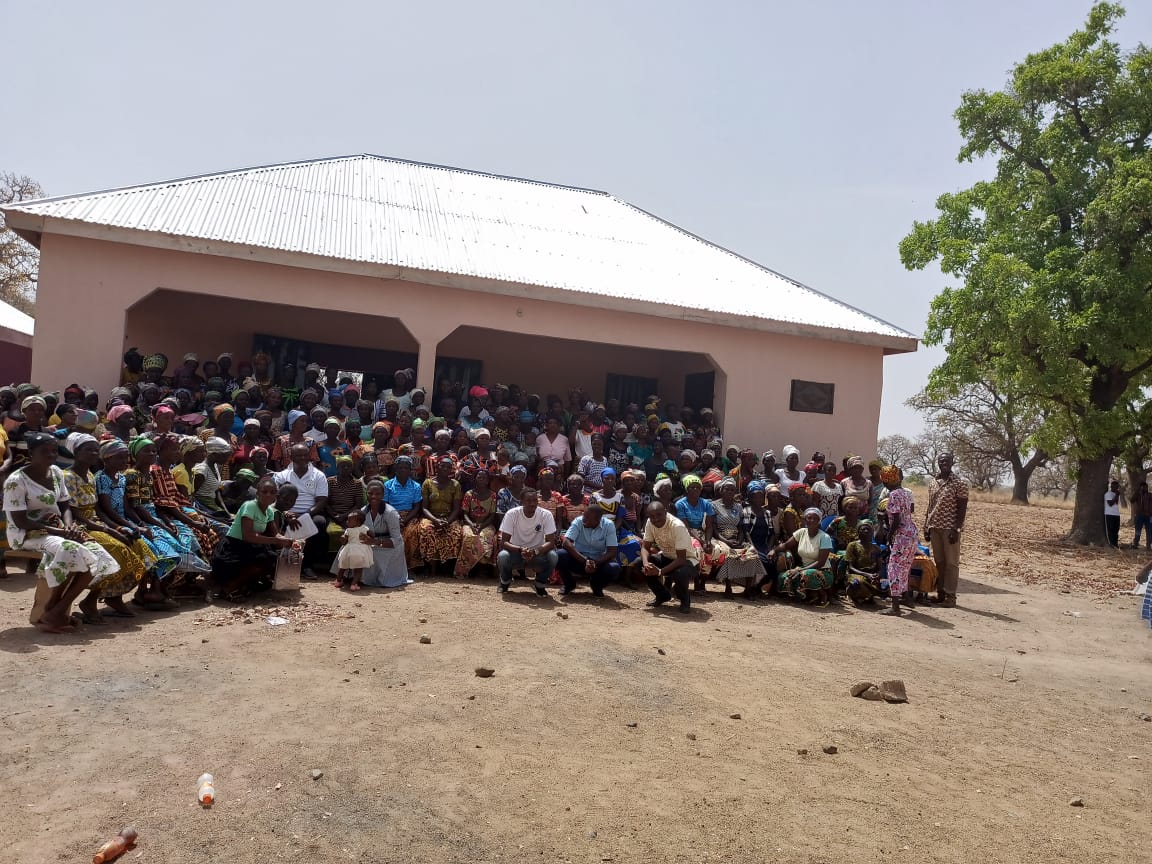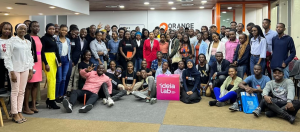Females in the northern region of Ghana are the breadwinners of most families.
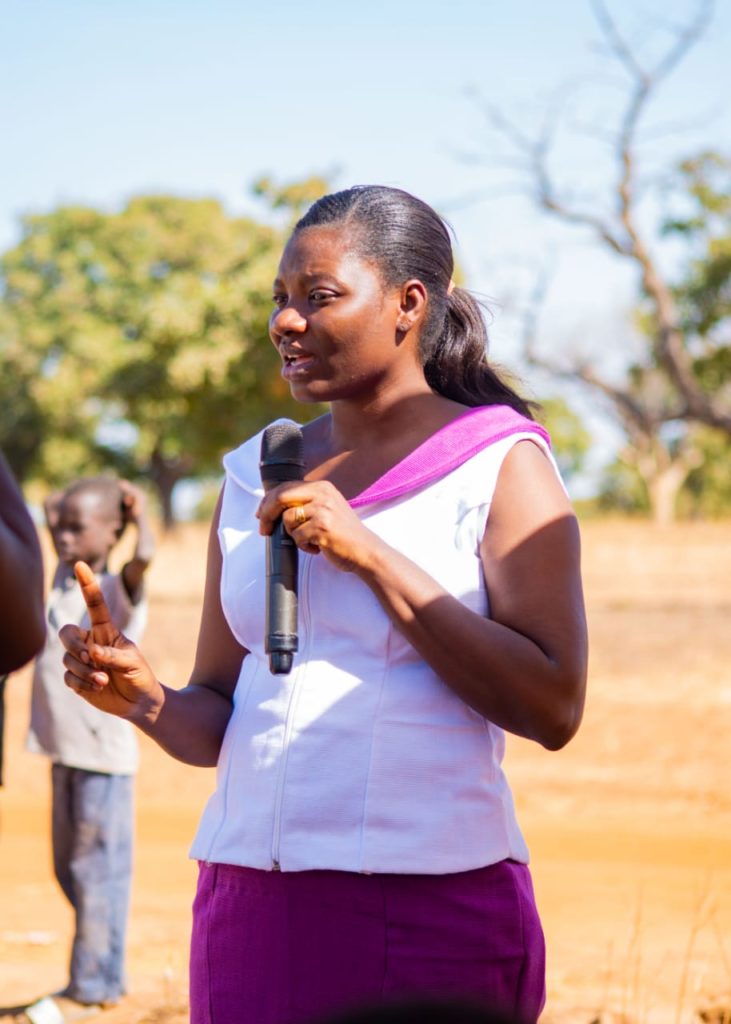
Linda Lariba Atibilla tries to get over 1000 female employees to work, giving them the task to convert tons of waste generated from shea, baobab seed and neem seed to organic compost for organic farming and cosmetics from baobab. Her campaign against female migration and creating work in the community was the springboard for what later became her startup. Hope Givers, established in 2011, is an agro-processing business which processes shea butter and promotes neem oil, baobab, castor oil and natural cosmetics. Linda was also an OCIF Winner of Orange Corners Ghana. OCHQ interviewed Linda to know more about her startup.
Hi Linda! Could you tell a bit more about Hope Givers?
““Hope Givers’ aim is to generate jobs. I work predominantly with women, trying to contribute female productivity to the value chain. The priority is creating a business for females in their home communities instead of seeing them to leave to bigger cities, so that they make money and stay in a safe environment near their family. That thought stimulated me to start Hope Givers. But then, because I needed funding, I had to be working and putting a percentage of my salary into starting it. So that is what I did in 2016, I fully resigned from my job as an agribusiness supervisor, worked on my passion and took part in the Orange Corners in the year 2019-2020.”
My appreciation really goes out to Orange Corners for creating this entrepreneurial network for us.

Why did you wanted to create opportunities for females?
“I grew up in a farming community. My mom used to prepare a local drink here in Ghana called Pito. Once the rainy season is over, the dry season comes and then it takes a longer period before rain sets in. So within this period there is a dry season, you find women or young ladies migrating elsewhere to work because there is nothing to do. So they tend to travel outside the community to look for jobs, and most of them end up on the streets. I want to change that. When I started studying, I wanted to make sure that the female migrants stayed at home in their communities and looked after their children. If they work and have a decent income, then they will still be able to take care of their children.
But when I received the OCIF loan, I came to the discovery that we could realise our dream and work on our plan.
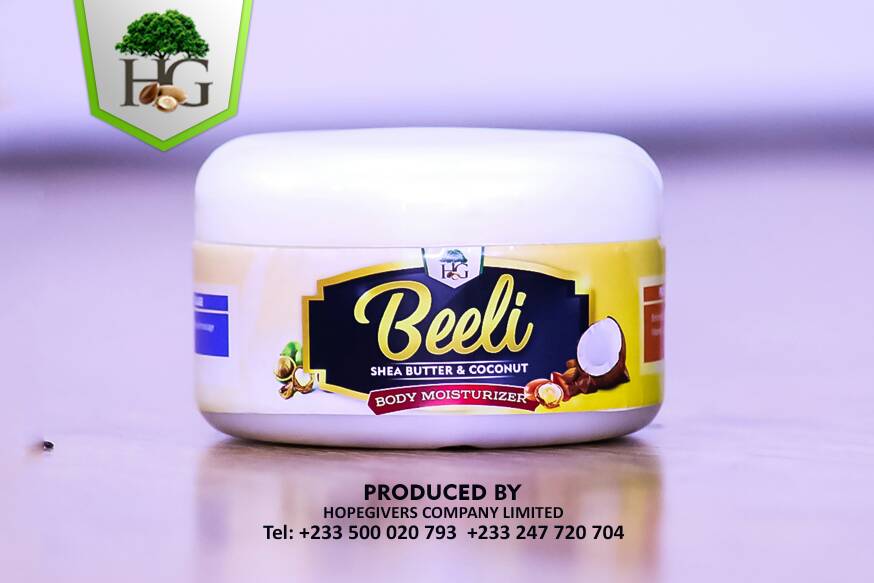
We are a team of 15 full-time ladies, creating working opportunities in the shea butter industry for 1008 women, including elderly women and younger ones. Market access has been a challenge but I do my best to see how I can get the market for them to keep on producing and then they make decent incomes and take care of their children, making sure that they stay in school and pay health care bills and things. Females in the northern region of Ghana are the breadwinners of most families.
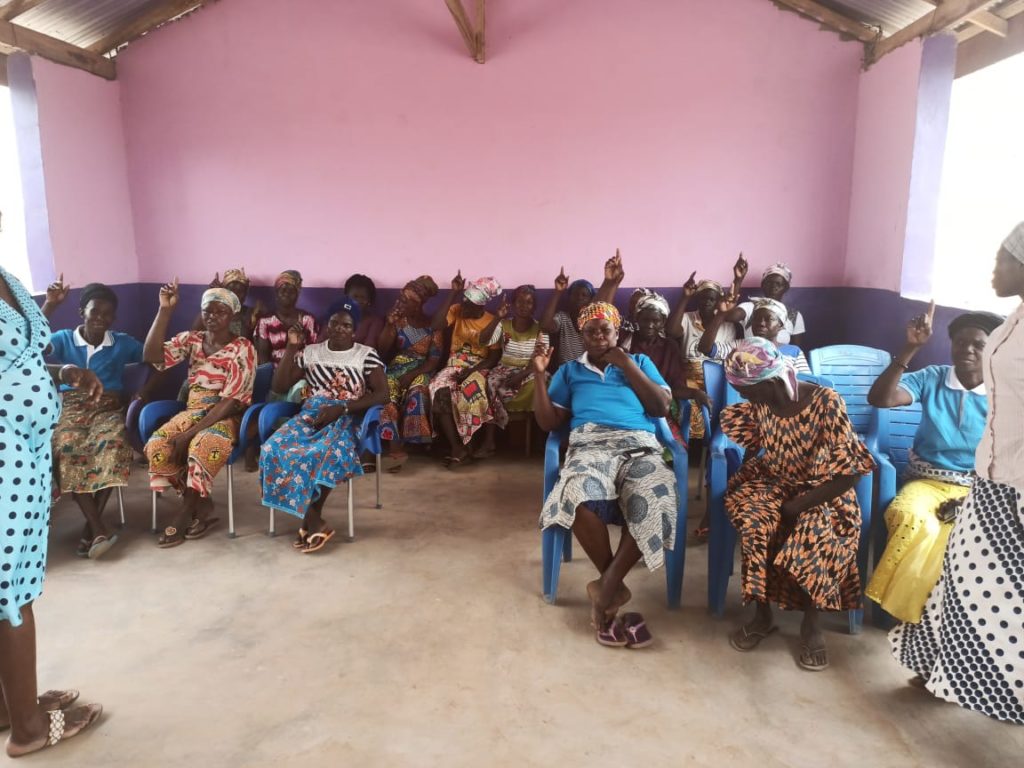
In a typical local home, what happens is that if a man is able to give him a cereal then it is the woman’s responsibility to get the ingredients to make sure she comes out with a meal for the family. If a woman is empowered, she has a free mind, is able to dream and live her life the way she wants. But if she’s not empowered, she is powerless.”
How did OCIF contribute to setting up your business?
“Before OCIF, we didn’t have a working capital to expand. But when I received the OCIF loan, I came to the discovery that we could realise our dream and work on our plan. We could buy more of our raw materials and fruits even when it was not in the seasons. This reduced the cost of production, because the time we bought the fruits out of season, prices were lower. If we didn’t receive the funds and therefore weren’t available to buy the raw materials, the increased prices would reflect in the price of the final product.
Because of OCIF we suddenly could buy 120 bags of shea nuts, producing sea butter all year round and we store them in the warehouse. That was amazing! We also bought a bunch of machine oil expeller to exhale oil from baobab, moringa seed and linseed oil.
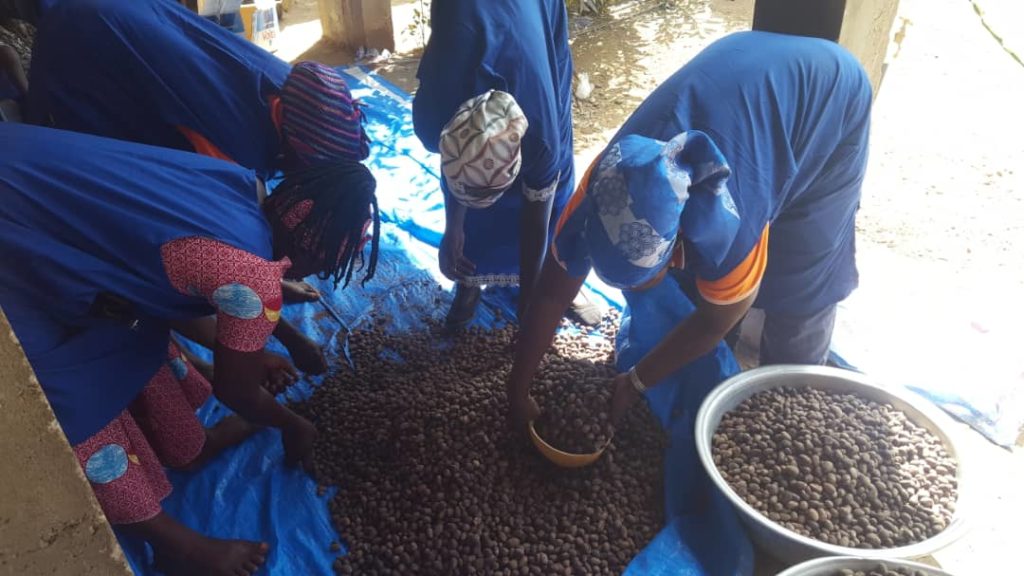
My appreciation really goes out to Orange Corners for creating this entrepreneurial network for us. It is not always easy for young startups, as we are not always invited to the big governance discussion tables. But with Orange Corners, providing us with access to network, funds and more, it helps entrepreneurs to have more power and increase our credibility. OCIF can really help to expand your business and let entrepreneurship flourish.”
Keep pushing, keep refining your idea, keep innovating, so that you can stay in business for long.
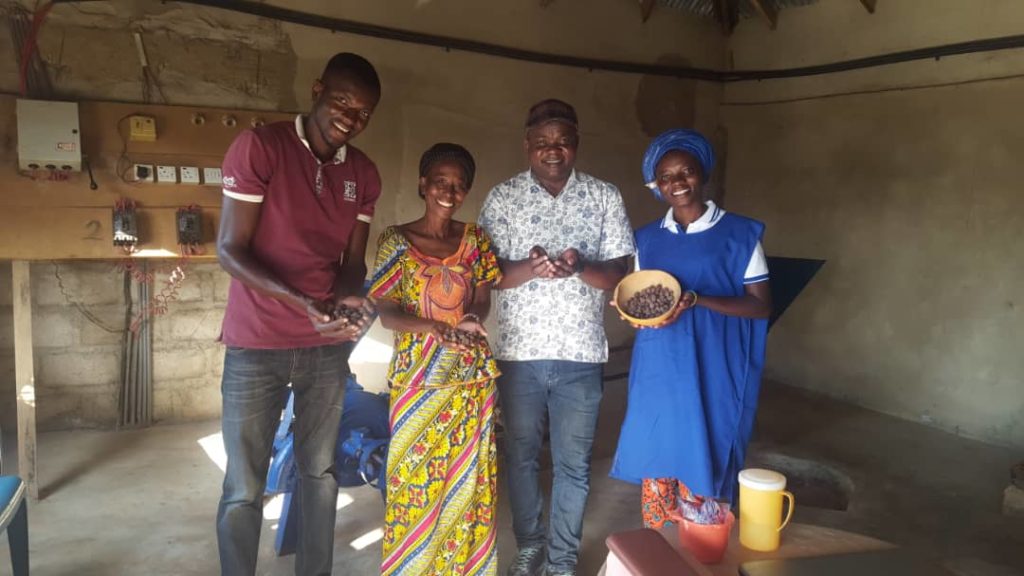
What were the benefits of taking part of the OCIF?
“The impact was enormous. It has given me market access, a platform to interact and network with alumni and other startups. I also learned soft business skills, defining my business idea and pitching it to any investor. It also helped me to structure my team. We are better off now than before the OCIF, because of the coaching that helps us with our confidence level. But make sure that you don’t pick a random investor. You have to look at what you do to know what you really need. A loan is also a real learning platform for me, as I need to build credit history with your bank. It is all about trust, integrity and knowing your capacity. We have to make sure that we make enough profit to cover up the cost of the machine and its operations and stick with our Key Performance Indicators (KPI).”
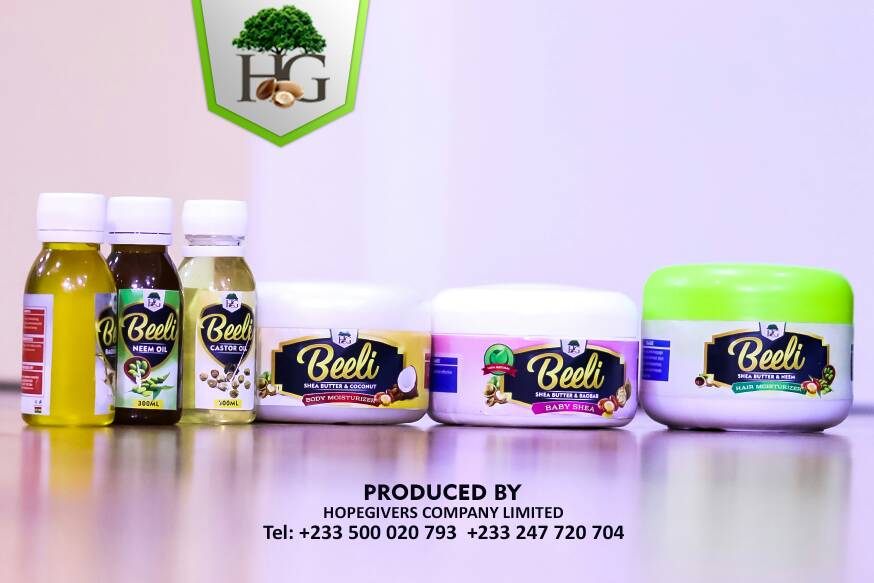
What do you think of entrepreneurship?
“You always need to think on your own feet. And there are times you have to make tough decisions. When I wanted to take the loan, my team was a bit scared to take it but they had trust in me.
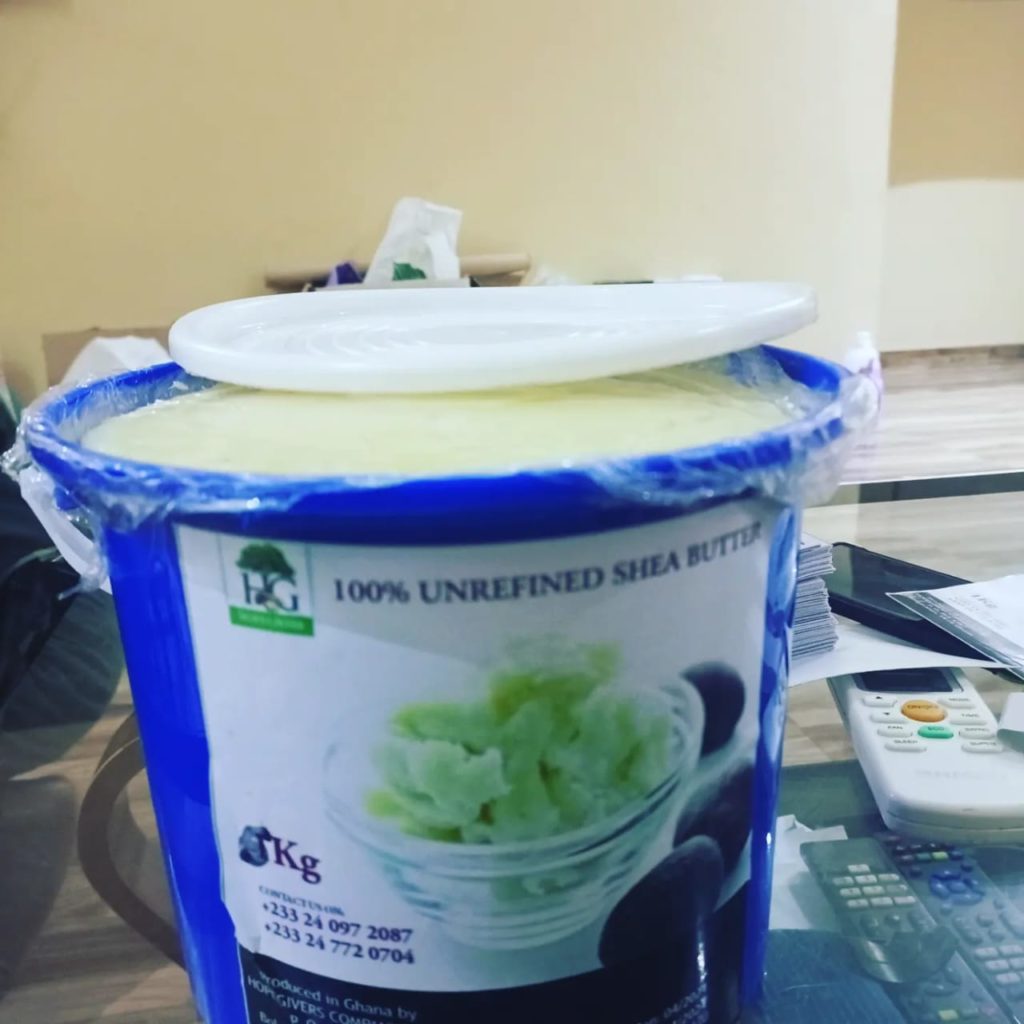
When you tell yourself you are an entrepreneur, what it means is that there is pressure on you to deliver. A lot of people are depending on you. I run training sessions for women, for instance. And there are times we get paid third parties to come and give training. Now I need to pay those bills, including transportations. These costs create a certain level of expectations. But eventually, I want to give women the right thing to do, which means getting them to work.”
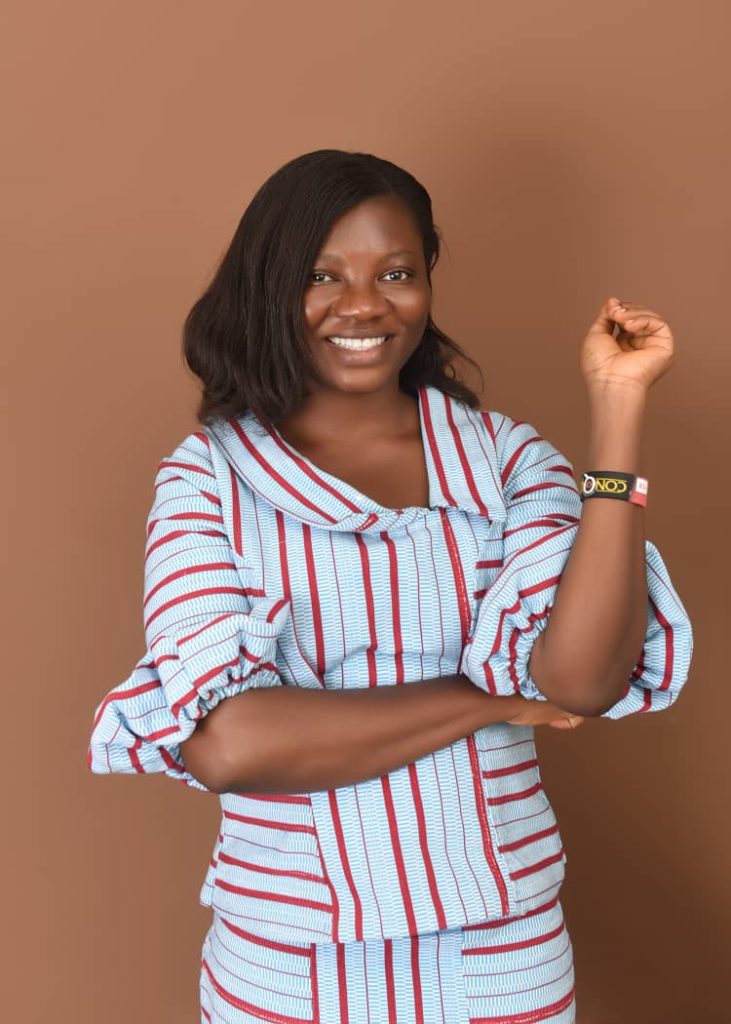
What kind of advice would you give other entrepreneurs if they want to start a business?
“My advice to them would be to be open-minded, to do research and to understand your business before you buy a facility. Also, keep pushing and be consistent with whatever you do. Keep pushing, keep refining your idea, keep innovating, so that you can stay in business for long. Work on new packaging, change your deliveries or portray products differently. You want to make a business that lasts!”
Hope Givers is an agro-processing business which processes shea butter and promotes neem oil, baobab, castor oil and natural cosmetics.
Website: https://www.ghanacic.org/clients/hope-givers/
Orange Corners Innovation Fund (OCIF) provides fund managers with capital to invest in early-stage startups. It is an additional programme to the Orange Corners incubation programmes. It aims to stimulate innovation and improve access to finance for starting entrepreneurs in Africa, the Middle East and Southeast Asia.

